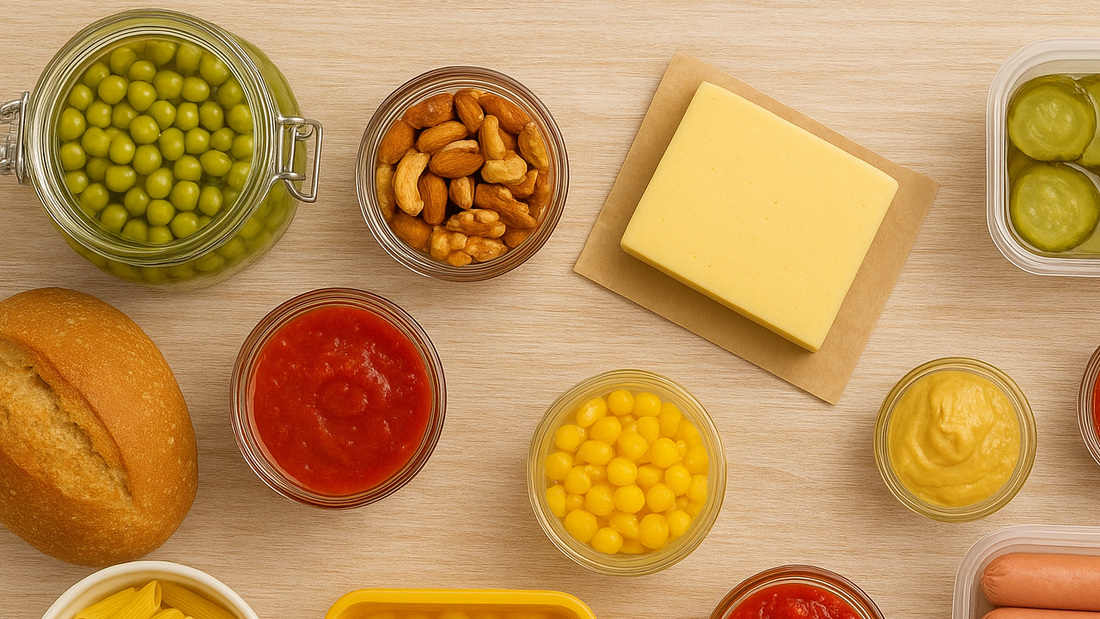Food preservatives can keep vegetables fresh and milk consumable until their expiry date. Even frozen dinners cannot function without food preservatives. This convenience is only possible with modern food preservation techniques. It is a vital process to keep food from spoiling. It can add shelf life and make it safe to eat.
However, food preservation is the art and science of processing food to stop food decay. Microorganisms, enzymes, and the environment are a few factors responsible for decay. The food preservatives must enable food storage in a safe manner for long durations. That should not compromise food quality and nutritional value. This article will evaluate the need and mechanism of food preservatives.
Why does the modern food system need food preservatives?
Preservation of food is necessary to avoid foodborne disease through inhibition of spoilage-causing pathogens (eg, Salmonella). It increases shelf life dramatically by minimising global food waste. Perhaps most importantly, modern methods are formulated to preserve a food's initial nutritional content, flavour, and texture. This means preserved foods continue to be an available, safe, healthy, and reliable food source for the overall food chain. It can support public health, environmental and economic sustainability.
Three commonly used food-grade chemicals can be used as preservatives in modern foods
Para-cymene: Para-cymene can be used as a food preservative on account of its antimicrobial and antioxidant activities. It is also accepted by the FDA as "generally recognised as safe" (GRAS) at current consumption levels.
L-limonene: It can also act as a potential food preservative because it possesses antimicrobial and antioxidant characteristics. L-limonene is also affirmed as Generally Recognised As Safe (GRAS) by the FDA and is an approved food additive.
L-carvone: L-carvone is antimicrobial and antifungal in nature. It can be effectively applied to increase the shelf life of foods, such as preventing potato sprouting and loaf contamination.
Conclusion
Food preservatives remain an indispensable pillar of the modern food system. The efficacy of scientifically developed preservatives is recognised as safe by regulatory bodies. Mentioned food-grade chemicals like L-carvone and P-cymene are highly popular in the F & B industry. If you are in the same business, contact SBBLG today. We are a large-scale supplier of aroma chemicals that can be used as preservatives in the food and personal care industry.








